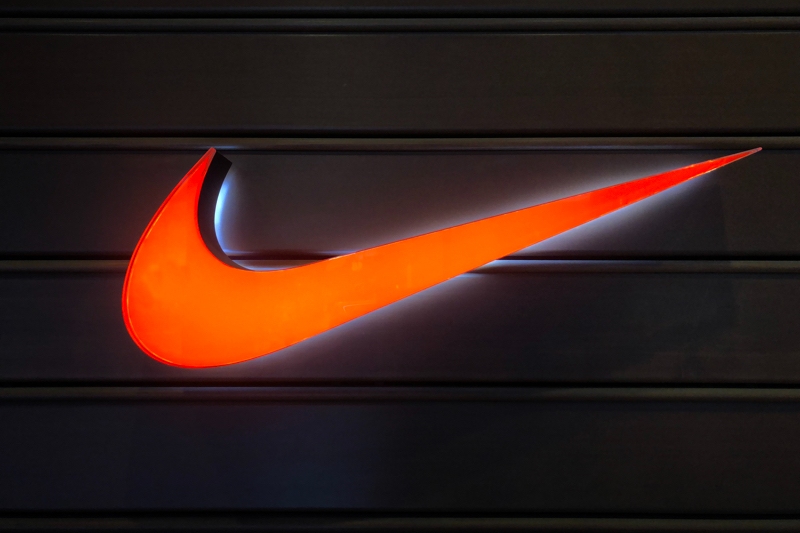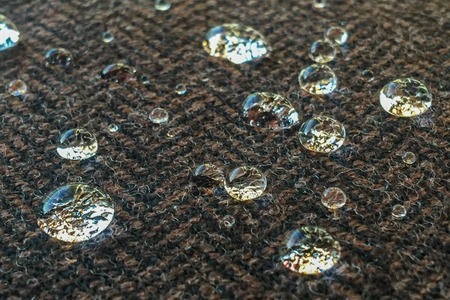
Nike partners with Newlight to adopt carbon-negative material
YarnsandFibers News Bureau 2021-08-26 07:21:20 – USAUS-based advanced biotechnology company, Newlight Technologies Inc., has announced a partnership with Sportswear giant Nike to explore the usage of AirCarbon, a carbon-negative biomaterial made from marine microorganisms.
AirCarbon is currently utilized as a carbon-negative alternative to plastic and leather in fashion applications such as eyewear, wallets, and bags. Nike will explore AirCarbon in a range of applications in order to further Nike's mission of creating goods that are better for both athletes and the environment.
Nike’s chief sustainability officer, Noel Kinder, said that AirCarbon gives a chance to further minimize their effect on the planet. They're increasing their efforts and investigating new opportunities in this field because, in the battle against climate change, they can't wait for solutions; they have to work together to develop them.
Newlight uses naturally existing microorganisms from the ocean that devour air and greenhouse gas and convert it inside of their cells into AirCarbon, an energy storage substance also known as polyhydroxybutyrate (or PHB), that is around 40% oxygen from air and 60% carbon from greenhouse gas by weight.
AirCarbon is certified carbon-negative by SCS Global Services, resulting in a net decrease of CO2e in the environment during manufacturing, and can be melted into a variety of forms, including fiber, sheet, and solid shapes.
Mark Herrema, CEO of Newlight Technologies, said that their purpose is to create change at scale, and there are few greater partners on the planet than Nike to help them do that. They're looking forward to seeing how AirCarbon will assist Nike in decarbonizing its goods and meeting its ambitious carbon-reduction targets.
Newlight Technologies, Inc. converts greenhouse gases into AirCarbon® PHA, a regenerative biomaterial. AirCarbon is a high-performance, carbon-negative biomaterial that is being utilized to replace plastic in a variety of industries, including food and fashion.
Market Intelligence
Ask for free sample Report

experience
Customer Base
dedicated team
Countries Served Worldwide









